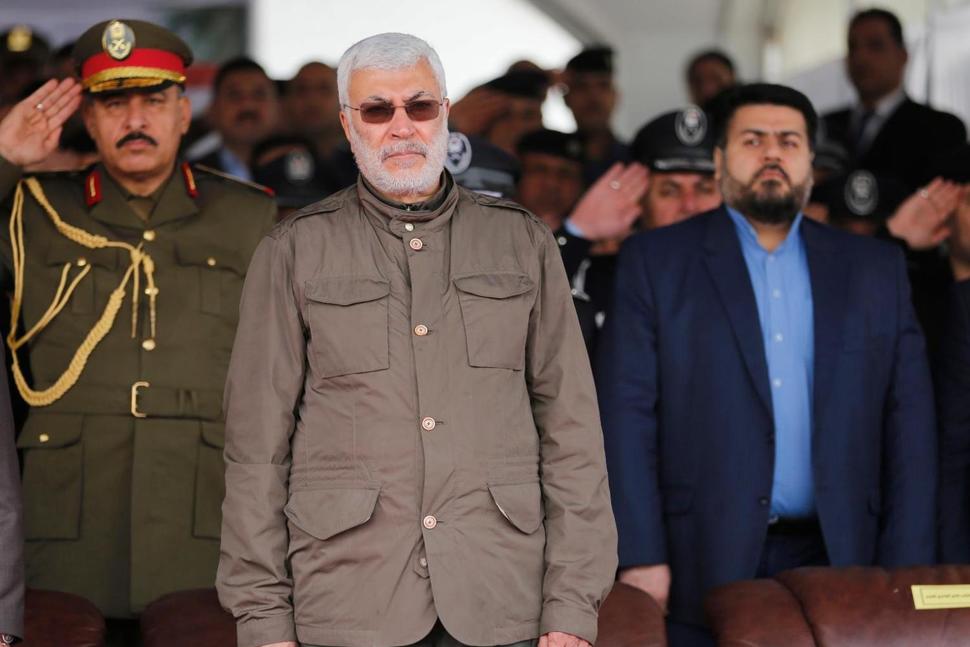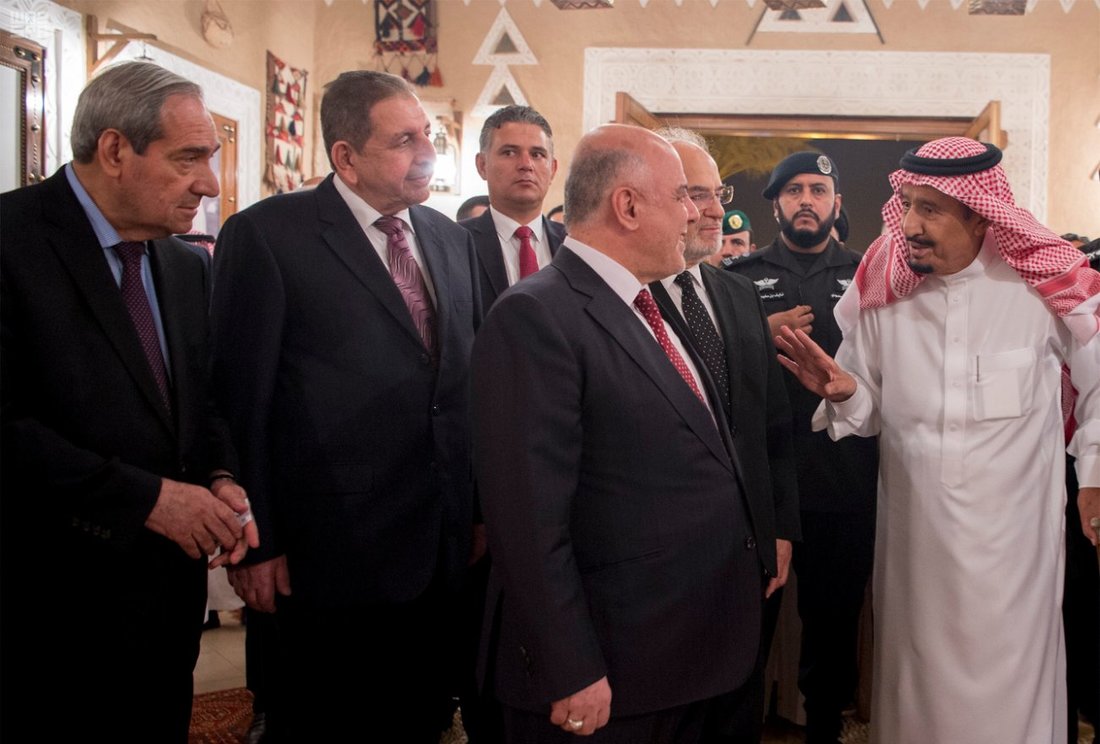Their victories in formerly held Islamic State (IS) territories have fuelled demands which if accepted, place armed forces — including the conventional army — on equal footing with irregular militia outfits. Important differences such as centralised control, discipline, chains of command, professionalism are expected to collapse beneath an agenda that aims to institutionalise as well as normalize the role of amateur militia forces in politics.
Their emergence extends back to June 2014 when revered Shi’i Marji Ayatollah Ali al Sistani issued an edict urging men of the country to defend their nation and shrines. What few note is that Sistani’s religious ruling was in fact empty of pronouncements that determine the organisation’s lifetime.
Furthermore, the emergence of parallel force that has contributed to the fragmentation of the army was not something the edict endorsed. In spite of the group’s increasing tally of victories, their recent and unignorable abuses perpetrated throughout ‘liberations Ops’ haunts a significant portion of Iraqis, and next year's vote opens up another crack from which they can muscle their way into Iraq’s political process.




 RSS Feed
RSS Feed